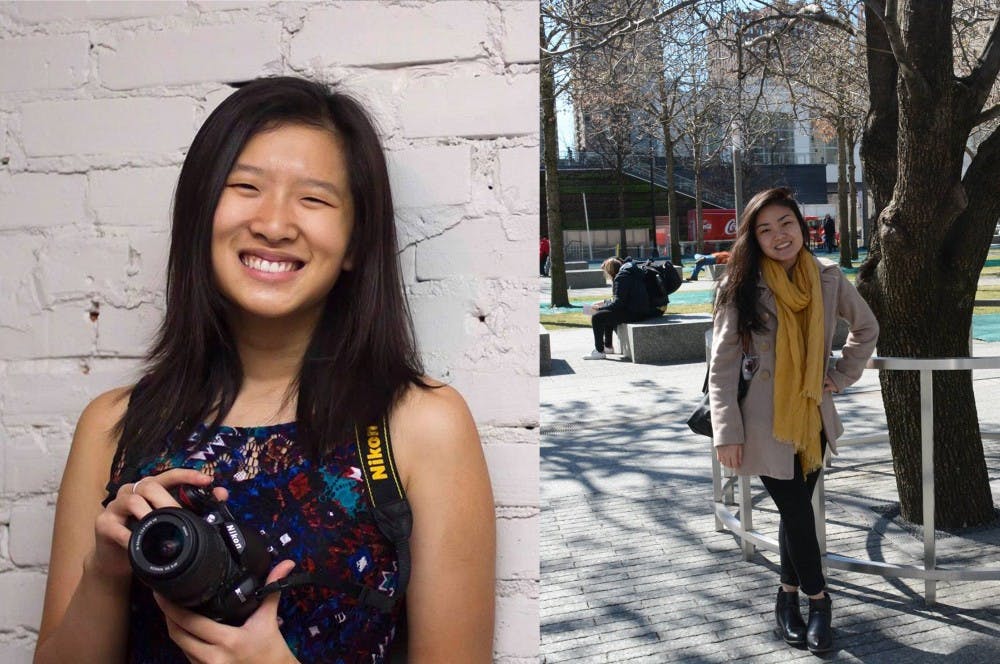“Be proud of your roots. We’re rooting for you,” is the sentiment encouraged by the video campaign launched by College freshmen Tiffany Wang and Lisa He Wu.
Wang and Wu conducted the campaign on Facebook from March 12 to March 19, when they periodically shared a series of videos that showed participants answering questions exploring their cultural identities. Each video explored a different theme or question related to cultural identity, such as “What does being a minority mean to you?” or “What is your most cherished cultural tradition?” The campaign aimed to provide a forum for students to share personal stories concerning their individual cultural backgrounds and to promote discussion on themes related to minorities.
“I’ve wanted to do this campaign for a while now — probably since I first joined the Penn Taiwanese Society,” Wang said. “I saw that, while there was a lot of open cultural discussion in my group and board, I wanted to make sure every minority had an opportunity to be heard.”
Many students who participated felt campaigns like this are necessary to promote cultural education at Penn.
“I think it’s important to be more knowledgeable of other cultures,” Nursing freshman and campaign participant Heidi Chiu said. “I was able to put my own experiences with my culture into words, and it was more difficult than I thought it would be.”
Several campaign participants were struck by how much more they were able to learn about the cultural backgrounds of people they know.
“Before I came to Penn, I really only knew European people and coming to Penn has really opened my eyes to what’s out there,” College sophomore and campaign participant Sinziana Bunea said. “I think it’s very hard to comprise an entire culture in a two-minute video, but I think just seeing a bit of what people are a part of can make me want to explore further, make me want to befriend those people and learn more.”
Bunea added that the video, by highlighting the diversity of languages spoken by Penn students, helped her look beyond the global model she was taught growing up, which she now sees as Eurocentric.
“Because I’m very Eurocentric, I always thought the languages I speak are the most important, but in the video I saw all those kids who spoke either Mandarin or Hindi,” Bunea said. “It just kind of made me think that, wow, there are other languages out there that maybe I should have pursued when I was younger. And I guess it made me look outside of the Eurocentric model.”
Education through discussion, like Bunea experienced, is exactly what the organizers of the campaign were hoping those who participated would gain from it.
“We hope that people who participated in our videos as well as people who were watching them, learned something from this campaign and got something out of it like [Tiffany and I] did,” Wu said.
Wu added that they hoped the campaign would gain a greater outreach and encourage communities beyond Penn to engage in discourse.
“We also hope to inspire other people in the community to take initiatives to spread more cultural awareness,” Wu said. “A student from the University of Pittsburgh reached out to me to ask for permission to do the same thing at this university, which I was really happy about.”









